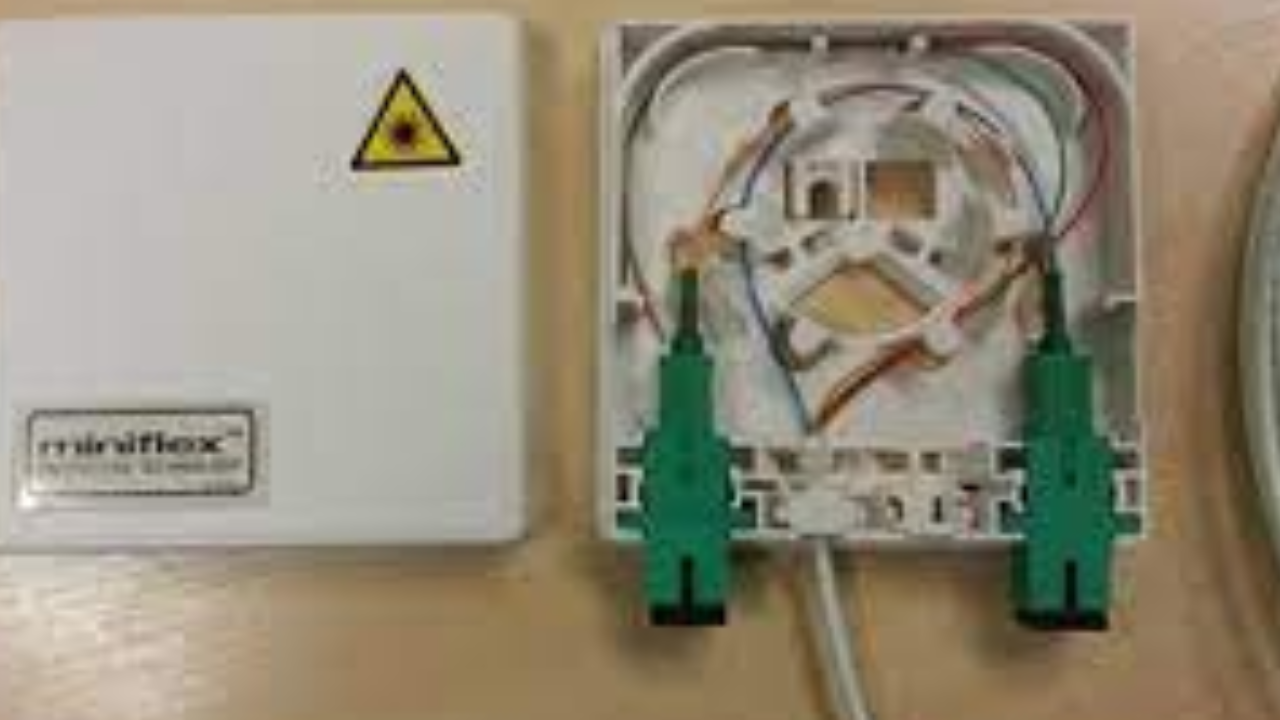MDU stands for Multi-Dwelling Unit, which refers to residential structures or complexes that have multiple individual living units. These units can be apartments, condominiums, townhouses, or any other construction in which multiple households dwell in a single building or a cluster of structures. MDUs are widespread in both urban and suburban locations, and they serve the housing demands of a concentrated population.
Telecommunications in multi-dwelling units pose particular issues due to various architectural layouts, limited physical space, and the engagement of multiple stakeholders. This article will help you go through what is mdu and what the opportunities are in MDU telecommunication. However, they also have major potential for service providers, such as negotiating bulk agreements, capitalizing on high-density user bases, integrating sophisticated technologies, and tapping into inhabitants’ sense of community.
Opportunities in MDU Telecommunications
In the ever-changing telecommunications landscape, Multi-Dwelling units (MDUs) present a distinct set of difficulties and opportunities for service providers. MDUs, which include apartment complexes, condominiums, and townhouses, are becoming more common in urban and suburban regions. In this article, we will look at the many chances that MDU Telecommunications providers to service providers, as well as the techniques they can use to capitalize on these prospects.
High Density of Users
High-density multi-dwelling units (MDUs), which include apartment complexes and condominiums, represent a profitable prospect for telecommunications carriers. The concentration of residents within these structures results in a high-density user base. Providers can benefit from this by negotiating bulk service agreements with MDU administration and offering unique packages to all residents.
This strategy not only guarantees a large subscriber base but also generates a consistent revenue source. Fostering community participation through personalized products such as shared Wi-Fi spots or unique bargains also increases customer loyalty, allowing MDUs to capitalize on social dynamics. The large number of customers in these living areas makes MDU telecoms a strategic focal point for carriers seeking long-term growth.
Bulk Agreements
Bulk agreements in multi-dwelling units (MDUs) present a huge opportunity for telecom operators. MDUs, which include apartment complexes and condominiums, represent a concentrated market. Providers can negotiate bulk service agreements with MDU management to offer special packages to all residents. This not only streamlines service delivery but also increases subscriber numbers, resulting in a consistent and predictable revenue stream.
By forming agreements with property management, companies can gain a competitive advantage and boost their market share in MDUs. Bulk agreements address residents’ collective demands, resulting in a win-win scenario that improves customer happiness and strengthens the provider’s position in the competitive environment of MDU telecommunications.
Community and Social Aspects
Embracing the communal and social components of multi-dwelling units (MDUs) creates opportunities for telecom providers. MDUs, which include apartment complexes and condominiums, frequently promote a sense of community among inhabitants. Providers can take advantage of this by personalizing their offerings to create a unique social experience.
Exclusive offers, communal Wi-Fi spots, and community-specific services improve connectivity while also increasing customer loyalty. Engaging with the social fabric of MDUs places providers as important partners in residents’ lives, which encourages favorable word-of-mouth referrals. Leveraging the community and social component of MDUs not only improves the entire customer experience but also gives telecommunications companies a competitive advantage in this dynamic industry.
Technology Upgrades
Telecommunications companies can take advantage of opportunities in multi-dwelling units (MDUs) by investing in technological improvements to improve service offerings. Upgrading infrastructure within MDUs, such as providing gigabit-speed internet, fiber-optic connections, and cutting-edge TV services, improves inhabitants’ overall quality of life. This not only addresses the increasing demand for improved connectivity but also establishes providers as market leaders.
By staying ahead of technology trends, companies may attract and retain MDU inhabitants who desire cutting-edge telecommunications solutions. Technology upgrades within MDUs are a strategic step that not only meets current needs but also future-proofs services, assuring long-term competitiveness in the ever-changing telecoms industry.
Sum Up
In the dynamic world of MDU telecommunications, difficulties and possibilities coexist. Providers who can successfully negotiate the hurdles, customize solutions, establish constructive collaborations, and embrace emerging technologies are well-positioned to capitalize on the high consumer density. MDU Telecommunications offers numerous prospects that are always evolving. As the industry evolves, those who capitalize on opportunities in MDUs will influence the future of urban and suburban connections.
